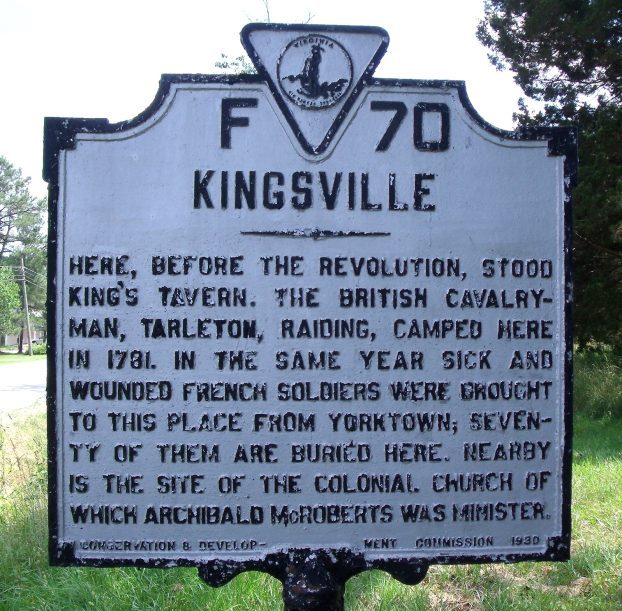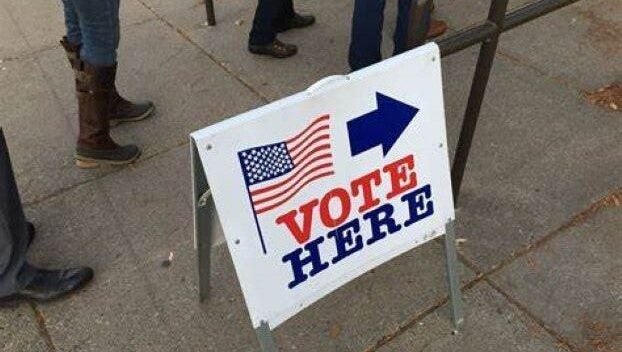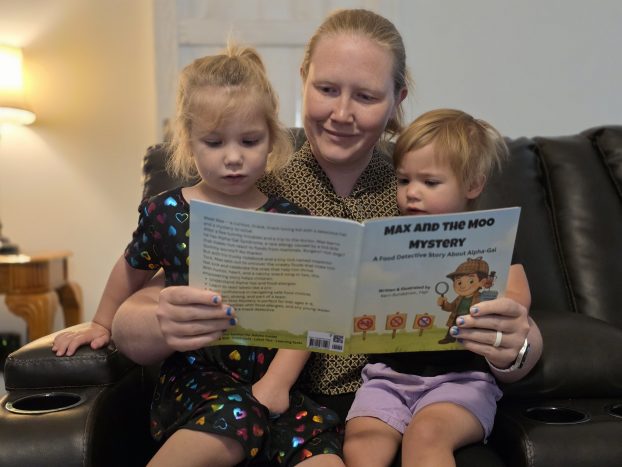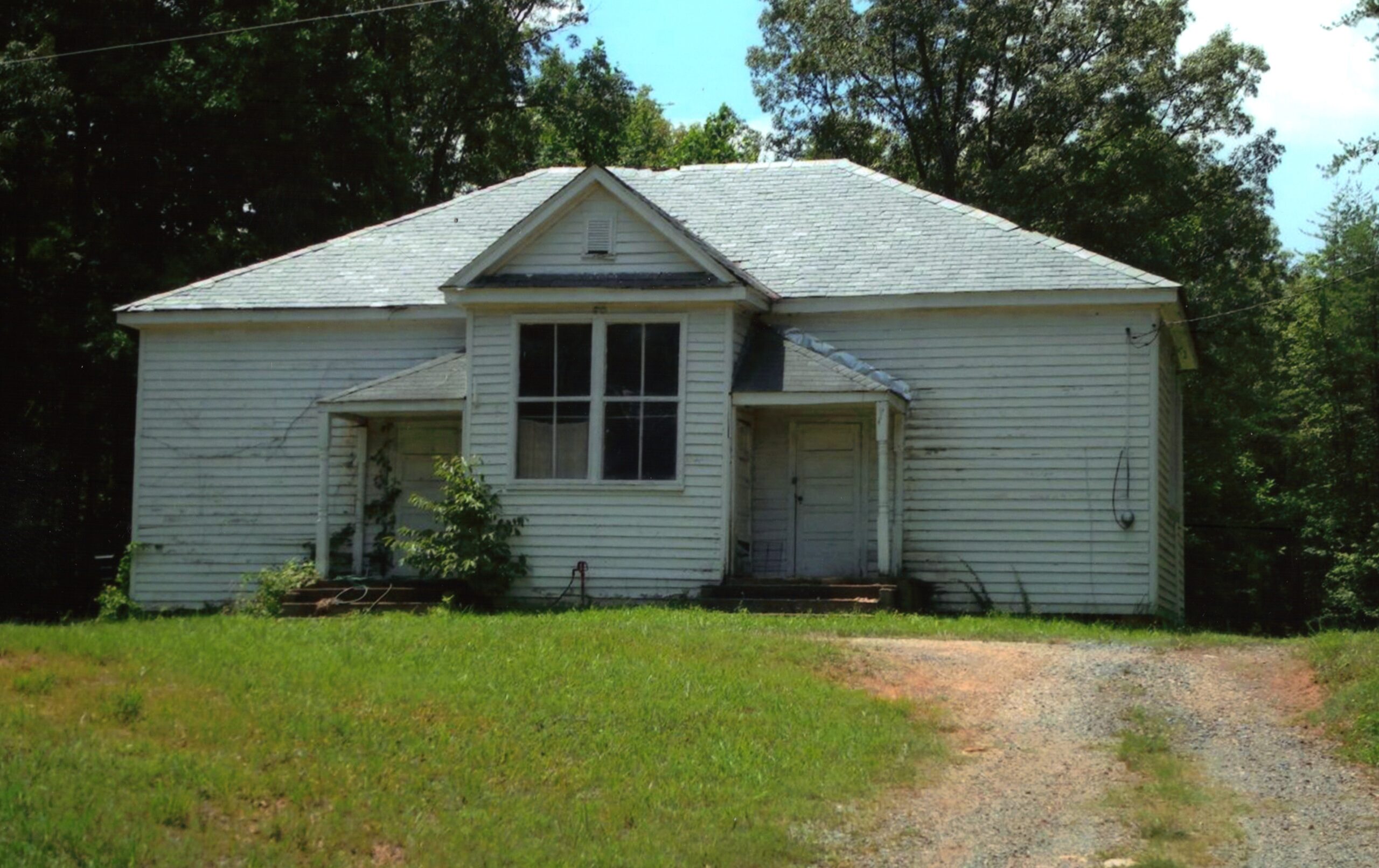From The Editor’s Desk: Some solar decisions don’t make sense
Published 12:46 am Tuesday, March 26, 2024
|
Getting your Trinity Audio player ready...
|
There comes a point where common sense has to win, where you weigh the pros and cons and realize that no, it’s not worth pushing these solar decisions through and forcing it on a community that loathes the idea. At least, I would hope that’s what happens. Unfortunately, I keep being proved wrong.
Make it make sense, I said. This was roughly a decade ago, as I was just slightly north in Augusta County, covering a fight over a much-hated pipeline. Everyone in the community had gathered at an old country church for a town hall meeting. Before it started, I was having a conversation with some of the people from the company determined to push the pipeline through what was at that time a church, farmland and a gravesite or two.
Why pick this route? Why, when everyone is saying they don’t want the project, when you can’t find a single soul willing to sell you their land, when it would be a cheaper and easier build to choose another route, are you going with this one?
Trending
“That’s the one our people picked out,” one of the media consultants said. “So that’s the one we’re going with.”
It was as simple as that. They would go to court and try to get the land by arguing public benefit, for a project that would destroy the land, potentially tear down a church and, for the kicker, local residents wouldn’t even get the benefit of the power. That was headed east for other communities. Now yes, the entity in question had promised to rebuild and relocate a new, bright and shiny church. And for a fee of several thousand dollars that this community didn’t have, they would let the people tap into this pipeline. But they weren’t really listening to the people who actually lived in these areas.
Similar issues in solar decisions
Now the pipeline, of course some of you might recall, didn’t exactly make it. But I see echoes of that same mindset in many of the solar projects that suddenly are popping up in all of our counties.
For our purposes today, let’s take Old Ridge Road as an example. Now yes, the folks with New Leaf Solar have met with the community. They’ve made notes and tried to adjust some of the more problematic parts of their proposal. But there are some things you just can’t fix, like the fact that the entire community is saying nope, we do not want that here.
I mean heck, don’t take my word for it. You can read it here in The Herald each week, as more and more residents send in letters explaining exactly why they’re opposed. And again, I say, make it make sense. If every single person who lives in an area is telling you in big letters we don’t want it, maybe it’s time to pack up and look somewhere else.
You can’t fix this very real problem
I mean, you flat out can’t fix the very real problem of flooding along the road, which this construction and the removal of plants and trees for solar panels would make worse. You can’t fix the fears over what exactly will become of the old panels once they wear out, because we still don’t know so much about how these things deteriorate. And, much like those town hall meetings of nearly a decade ago, you can’t fix how people feel when they don’t want a project in their community.
Heck, this one was even rejected by the Prince Edward Planning Commission, because it went against the county’s own comprehensive plan for the area. Again, yes, the company in question here and most others in similar circumstances do hold community meetings. They do try to fix anything that won’t impact the project itself. But the project itself is what the community in most cases wants gone.
Trending
And I get it. I get the argument that this space is a good fit, that it’s close enough to connect to the Prince Edward substation. But when all of that is stacked against, when the project just clearly isn’t a good fit in an established neighborhood, maybe it’s just time to move on.
Solar decisions should focus on community
As I said, I used Old Ridge Road as an example, but I could cite several others, both in Prince Edward and in Buckingham. At some point, we need to take the residents into consideration with these solar decisions. I mean really take them into consideration, not just saying it. After all, they only live nearby and most will still be there long after this project, and those that come later, are long gone. Maybe what they want should be considered.






